Channel 4 has overcome “a climate of uncertainty” around privatisation to post the highest revenues and content spend in its 34-year history.
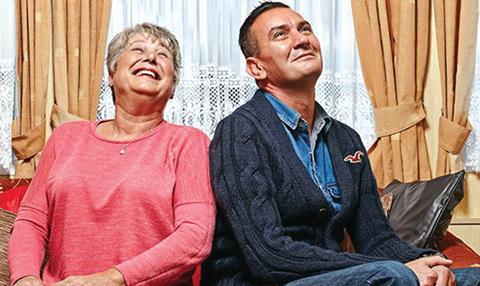
On the morning that the Telegraph reported that Downing Street has scotched plans for a full C4 sell-off (see box), the commercial broadcaster published a record turnover of £979m for the 12 months to the end of December 2015.
This was up 4% on 2014’s figure of £938m and was predominately, driven by a strong advertising sales performance, and generated a post-tax surplus of £26m. It is now targeting revenues of £1bn in 2016.
Of C4’s total revenues, £906m was broadcast revenue, up from on 2014’s figure of £860m. C4’s sales house, which also represents BT Sport and UKTV, posted an 8% increase in sales to £1.17bn.
Digital revenues, meanwhile, rocketed to £82m, up 30% from 2014’s £63m, on the back of targeted advertising on C4’s relaunched VoD service All 4.
The broadcaster’s rights revenue, however, fell slightly from 2014’s £78m to £72m last year.
C4 also posted a £30m cash reserve increase to £252m.
Content spend
C4’s total content spend and original programming spend also reached record levels. A total of £629m was spent on programming last year, £27m up on 2014’s figure of £602m. Its original content spend rose £25m year-on-year, from £430m in 2014 to £455m last year.
Over the course of 2015, the broadcaster worked with 295 suppliers, 53 of which were new to the organisation. Some 53% of all first-run originations on the main channel were from suppliers outside of London, with £149m invested in original content from the nations and regions, a 2% increase on 2014.
Elsewhere C4’s main channel viewing share grew for the first time in nine years. It rose 1% across all hours and 8% in peak, which C4 defines as 7pm to 11pm and is where it focuses most of its spend.
C4’s portfolio of channels, including More 4 and E4, was similarly up 1% across all hours and 3% in peak.
Furthermore, audience perceptions of remit delivery were at an all-time high. Ofcom’s reputational impact measures, which track the delivery of C4’s public service remit, were at their highest level since reporting began in 2008.
C4 chief executive David Abraham said the broadcaster’s achievements were against a “climate of some uncertainty about the future of C4, as the government considers options for our future”.
Chairman Charles Gurassa added: “C4 plays a unique and distinctive role in the UK creative industries and is well positioned for the future.”
C4 pay packets
C4’s four executive board members all enjoyed bumper pay packets last year. Abraham took home a total remuneration package of £881,000, up on 3% on last year’s £855,000. Jay Hunt’s total 2015 pay stood at £612,000, up 5% from 2014’s £581,000.
Sales director Jonathan Allan took home £547,000 while chief marketing and communications officer Dan Brooke’s pay reached £460,000.
Privatisation plans ‘dropped’
The Telegraph reported on Tuesday that C4 will escape full privatisation following an intervention from Downing Street - but a series of other reforms are on the table.
The newspaper claimed that the government will consider the sale of a minority stake in C4 to a strategic partner, such as BT. It is also mulling opening up C4 accounts to the National Audit Office and a proposal that the broadcaster returns an annual dividend to the Treasury.
Culture secretary John Whittingdale is also said to be considering forcing C4 to sell its Horseferry Road headquarters and moving the broadcaster to Birmingham to boost regional production.
The Telegraph reported that Downing Street intervened over privatisation amid fears of a backlash from the creative sector, which is already struggling to digest reforms to the BBC that will be set out in the charter renewal white paper on Thursday.


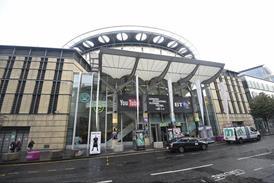




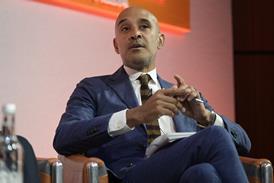
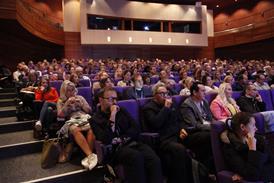
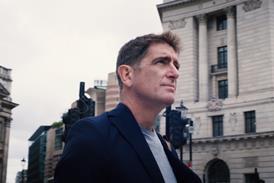
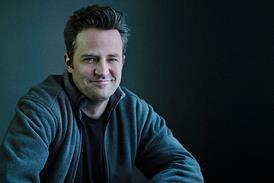
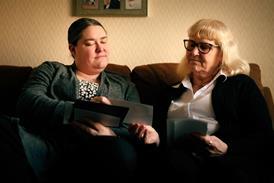
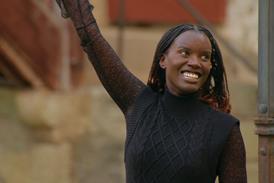
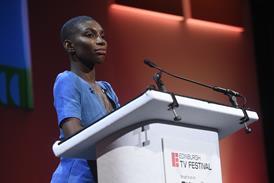
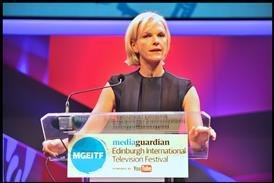











No comments yet